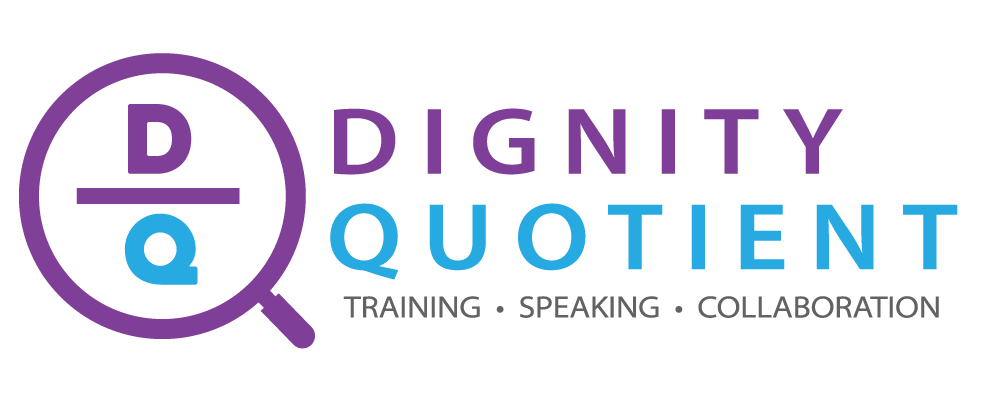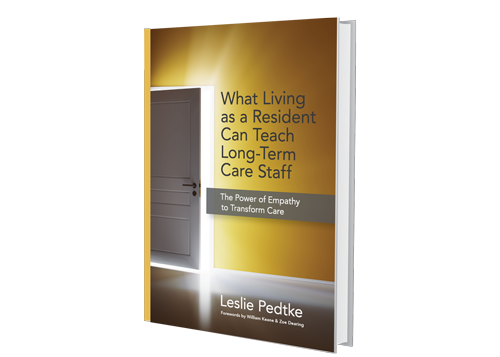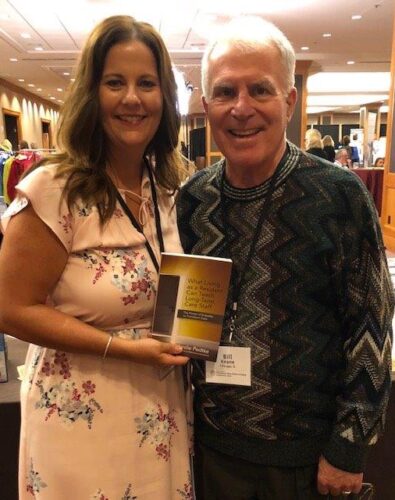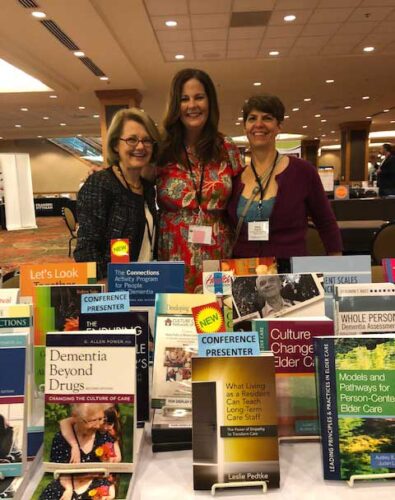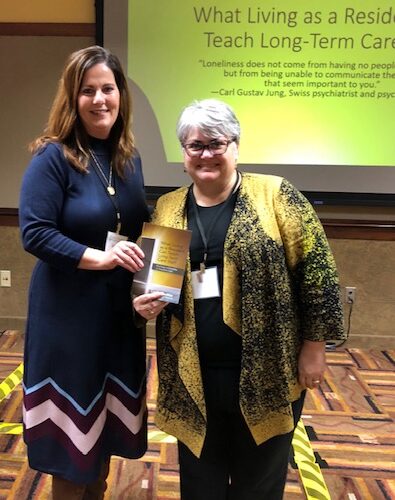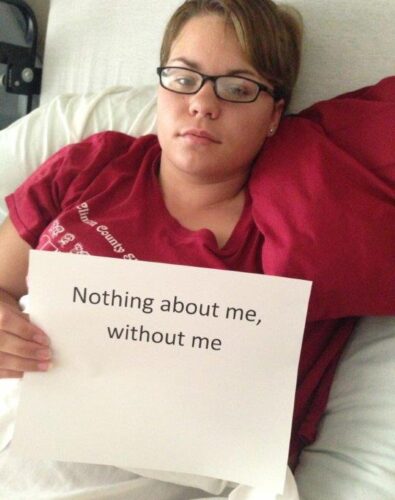
About Leslie Pedtke

“I consider myself a very lucky person. My life has been touched by hundreds of people that have taught me invaluable lessons. You see, I grew up with the long-term care industry, but never actually envisioned myself being a part of it. I entered it, not out of choice, but as a stepping-stone into adult life looking for that dream job. Little did I know that dream job was in a place filled by people with wisdom and compassion, in a place called a nursing home. Life in long-term care became a life I loved. As an administrator, my days were full of challenges, but also passion to overcome those challenges and make a difference.”
Leslie Pedtke is an award-winning thought leader and national speaker in the areas of long-term care with a focus on culture change, workforce development and teaching empathy. Ms. Pedtke is leading the Dignity Quotient™ movement, which helps long-term care organizations deliver higher quality and more profitable service through person-directed care partnerships.
For decades, Leslie has been on the front lines of the management and ownership of skilled nursing and assisted living/memory care communities. Her book, What Living as a Resident Can Teach Long-Term Care Staff: The Power of Empathy to Transform Care, was released by Health Professions Press to critical acclaim in October, 2017 and is standard reading for long term care professionals, students and families.
Ms. Pedtke brings a wealth of personal experience to her programs. She was the Chief Administrator of Aviston Countryside Manor from 1994-2017. During her time as Chief Administrator, Aviston Countryside Manor was featured in several publications:
- 2013 Spring/Summer LTC Today, “Aviston Staff Walk in the Resident’s Shoes”;
- March 2012 Issue of McKnight’s Long-Term Care News, “You’re Hired”,
- Spring, 2011 LTC Today publication, “Consistent Assignments”,
- April 2010 issue of McKnight’s Long-Term Care News, “Empathy Crash Course”; and
- HCCI Members Only newsletter for the Intergenerational program, “Bringing Resident’s Stories to Life.”
For the past decade, Leslie has served on the board of the Illinois Pioneer Coalition holding positions as the President, Vice-President and education coordinator. She was also selected as the Illinois Pioneer Coalition’s Culture Change Champion of the Year. Leslie was named to HCCI’s Heroes in Long Term Care.
Ms. Pedtke is a graduate of Southern Illinois University at Carbondale and holds a Bachelors in Speech Communication. She is currently in the process of obtaining a Masters of Healthcare Administration at Maryville University.

Taken from the book, What Living as a Resident Can Teach Long-Term Care Staff
“How do we encourage people to ask for help when they need it while fostering independence at the same time? I think that can be achieved when you become a care partners instead of a care-giver. The term caregiver suggests dependency and dependency can make a person feel hopeless. Also, a dependent person can feel subordinate to a caregiver. The dependent person can feel as though he or she has no power and that the caregiver has all the power. Think about the term care-partner. It says, ‘we are in this together.’ We are connected. We trust each other to be there for one another when we are needed. We make decisions based on what is best for both of us. We are a team focused on the same goal. That goal may be as small as eating a hamburger from our favorite fast food restaurant or as big as wanting to dance at our granddaughter’s wedding. Care-partners work as a team to make goals, big or small, happen.”
